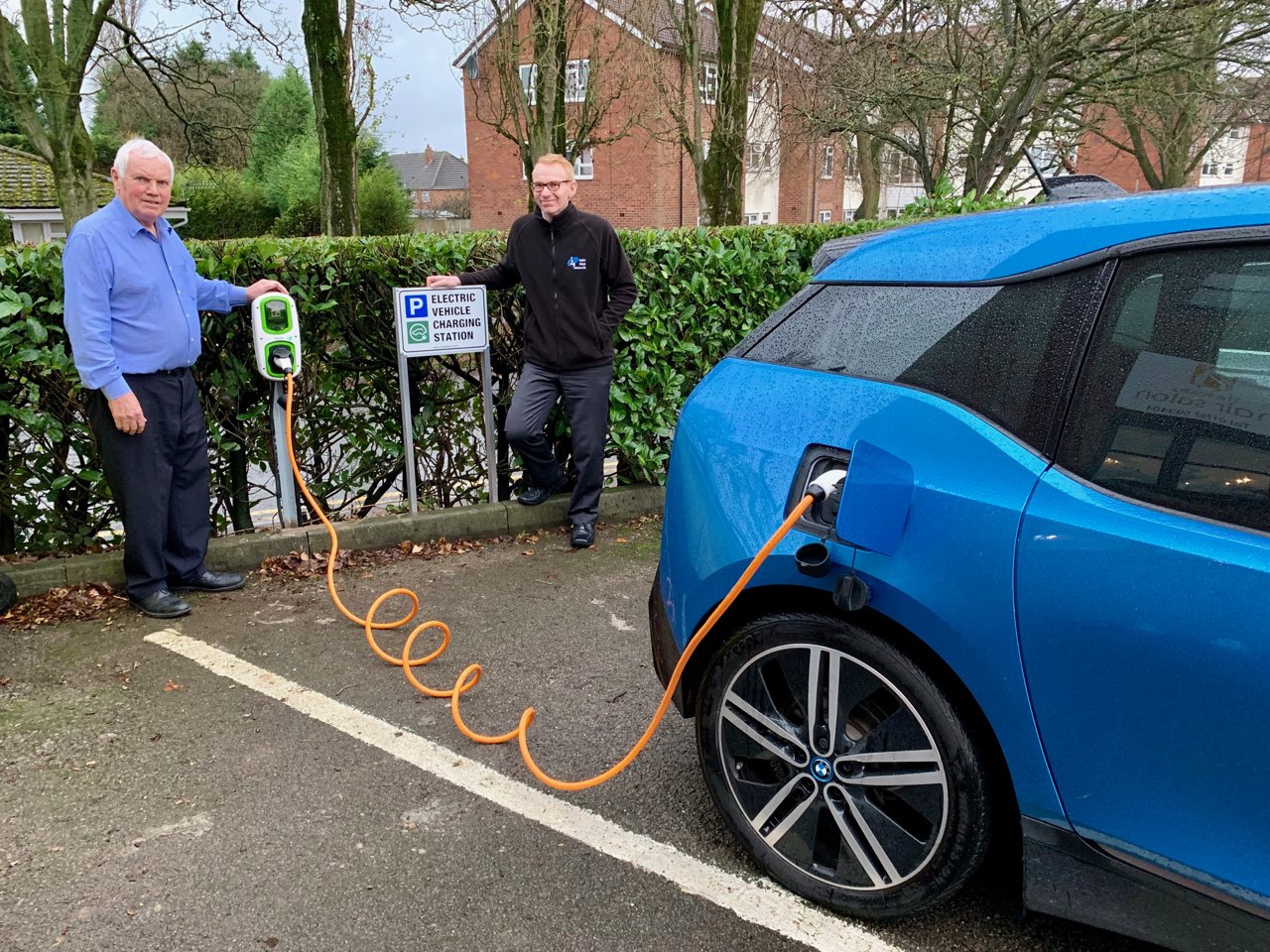
Light pollution reducing starry skies at night
Only two per cent of the UK’s population were able to gaze at a truly dark sky full of stars because of light pollution in our towns and cities, compared to four per cent four years ago.
A total of 57 per cent struggled to count 10 or fewer celestial bodies while many in major cities couldn’t see a single star, according to research by the Campaign to Protect Rural England (CPRE) and the British Astronomical Association.
A total of 2,300 people took part in February this year to count the number they could see with the naked eye within the constellation of Orion, which is visible only in the winter months.
Experts estimate people should be able to see around 4,000, a small fraction of the estimated one quadrillion – one followed by 24 zeroes – stars in the universe.
“As well as robbing us of one of the countryside’s most magical sights, the light pollution leads to higher electricity bills and more worryingly increasing carbon emissions,” said green energy expert Ron Fox.
“Another problem is that excessive light pollution may have a negative impact on human health and our immune function, as well as adverse behavioural changes in the insect and animal populations.”
With more than nine million streetlamps and 27 million offices, factories, warehouses and homes in the UK, the quantity of light cast into the night sky is vast.
While some light escapes into space, the rest is scattered by molecules in the atmosphere making it difficult to see the stars against the night sky, causing instead artificial ‘Skyglow’.
This light pollution that’s excessive, obtrusive and ultimately wasteful directly influences how bright our night skies appear.
“More needs to be done by Government and local councils to lessen the negative effects caused by artificial light from streets and buildings,” said Ron, of Noreus Ltd on the University of Keele Science Innovation Park.
“Particular areas of concern are road lighting, street lamps and excessively-lit supermarket car parks, plus house-holders who are leaving outdoor lights on overnight which have become increasingly affordable because of the widespread use of LEDs.
Ron suggested better-designed lighting, street dimming schemes and part-night lighting, done in consultation with local communities and police, that could limit the damage caused by pollution, reduce carbon emissions and save money.
However, some councils who have switched off street lights after midnight with the added benefit of saving cash have been accused of putting people’s safety at risk.
Residents with a light pollution problem should contact a council’s Environmental Health Department.
Under Section 102 of the Clean Neighbourhoods and Environment Act (2005) exterior light emitted from premises that is prejudicial to health or a nuisance is a criminal offence.
Meanwhile, Britain has gained its first official “dark sky sanctuary”. But to enjoy it requires a long flight and a 32-hour boat trip to the UK overseas territory of the Pitcairn Islands in the South Pacific between New Zealand and Peru.
To find out more about cutting light pollution contact Ron on 01782 756995 or 078171 26945 or go to www.noreus.co.uk.



